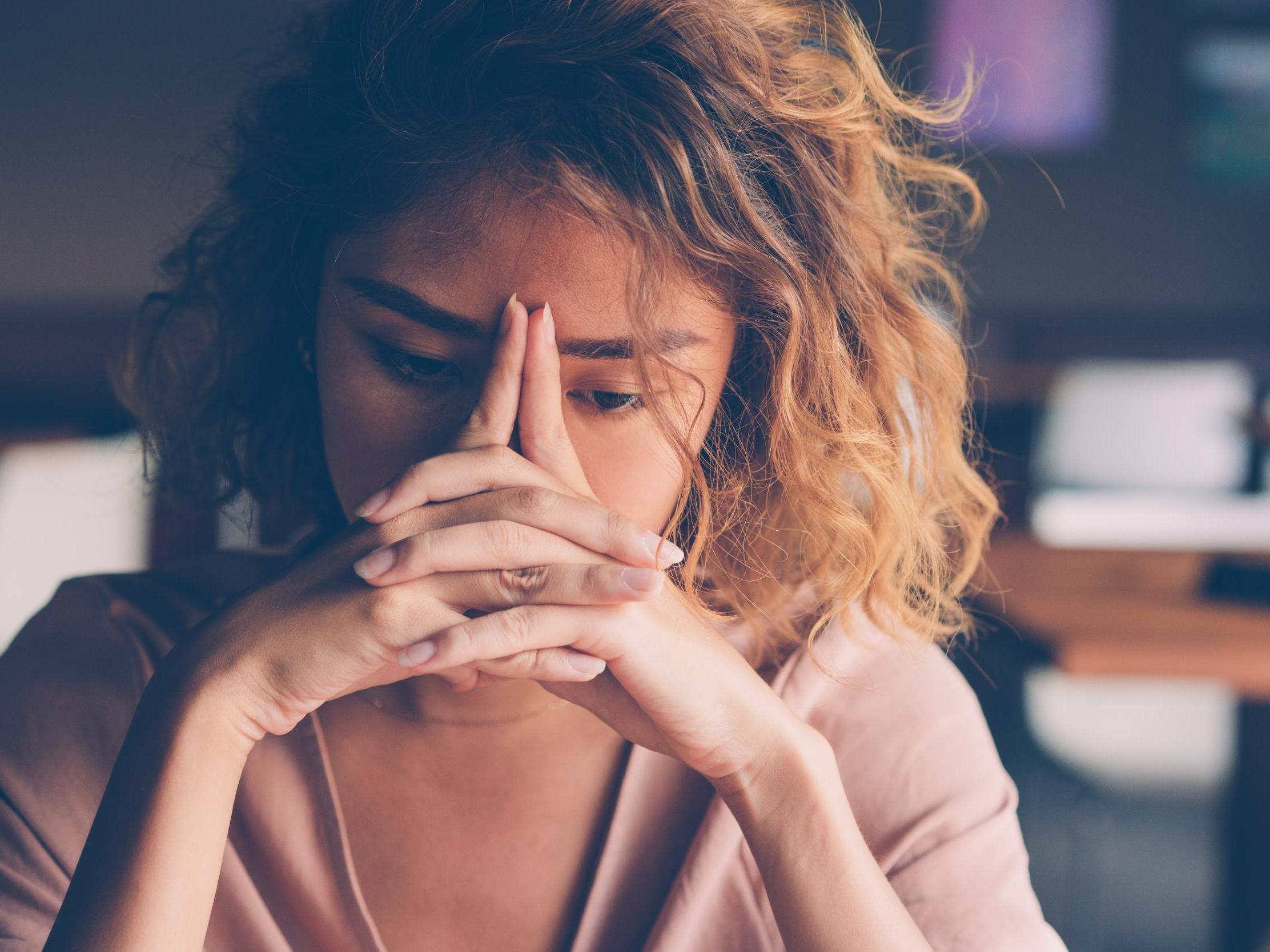Two thirds of women over 40 suffering from bladder weakness, poll finds
Too many women treat incontinence as ‘taboo’ subject, say experts

Your support helps us to tell the story
From reproductive rights to climate change to Big Tech, The Independent is on the ground when the story is developing. Whether it's investigating the financials of Elon Musk's pro-Trump PAC or producing our latest documentary, 'The A Word', which shines a light on the American women fighting for reproductive rights, we know how important it is to parse out the facts from the messaging.
At such a critical moment in US history, we need reporters on the ground. Your donation allows us to keep sending journalists to speak to both sides of the story.
The Independent is trusted by Americans across the entire political spectrum. And unlike many other quality news outlets, we choose not to lock Americans out of our reporting and analysis with paywalls. We believe quality journalism should be available to everyone, paid for by those who can afford it.
Your support makes all the difference.Two thirds of middle aged women are currently suffering from bladder weakness and many suffer low mental health as a result, a poll has claimed.
Nine in 10 sufferers over age 40 said the condition, which can be caused by childbirth and often develops as women age, has had a “major impact” on quality of life and a 10th experienced depression.
Despite this, only three in 10 have been to see a healthcare professional about their incontinence.
It prompted warnings from medical professionals that women feel unable to confidently reach out for help.
Three in five have even kept it secret from their partners, or have not been “completely open” with them about the extent of their suffering.
The poll of 2,000 women aged 40 and over found 17 per cent of those with the condition felt it “dominated” their thoughts.
Julia Herbert, consultant physiotherapist and clinical director for Pelviva, the company that commissioned the research, warned many women with the condition are not reaching out.
“Bladder leakage is a health issue which affects millions of women of all ages across the UK,” she said.
“Pregnancy, childbirth, hormonal changes associated with the menopause and putting on weight are among the many causes of bladder leakage due to weakening pelvic floor muscles.
“These issues are more commonly experienced by older women, but it can just as easily affect someone in their 30s or even younger.
“Despite this high prevalence, bladder leakage is still seen as something of a taboo for women to discuss – they may find it hard to talk with their friends, family or even their partner, which is a perception we’d like to see change.”
Of those who have sought out medical help for their condition, 21 per cent went to see their GP and five per cent have seen a gynecologist.
But 96 per cent of women have heard of pelvic floor exercises, just 10 per cent actually do them regularly.
A fifth of those polled, via OnePoll, said they were not sure if they know how to do pelvic floor exercises correctly and 23 per cent have attempted them but did not notice any improvement.
Dr Donna McVey, medical director at Pelviva, added: “Being told to go away and do your pelvic floor muscle exercises is not helpful as medical evidence shows as many as 50 per cent of women can’t do their own pelvic floor muscle exercises correctly.
“This is through no fault of their own – they simply do not have the connection to the pelvic floor.”
SWNS
Join our commenting forum
Join thought-provoking conversations, follow other Independent readers and see their replies
Comments